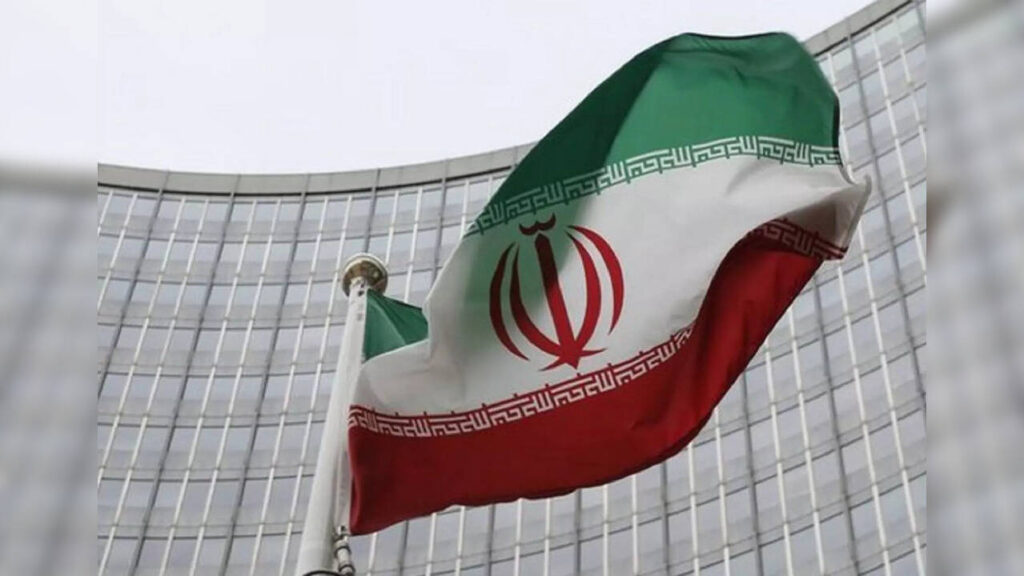Iran has recalled its ambassadors to France, Germany and the United Kingdom ahead of the reimplementation of sanctions over its nuclear programme as they had pushed forward on ‘snapback’ sanctions. Iran’s state-run IRNA news agency reported the move, saying the ambassadors would be recalled for consultations. The three countries – known as E3 – had launched a 30-day process on August 28 to reimpose UN sanctions on Iran over its nuclear program. The E3 has alleged that Iran has failed to abide by a 2015 deal with world powers.
Iranian President Masoud Pezeshkian on Saturday said Washington had demanded that Tehran hand over all its enriched uranium in return for a three-month reprieve from sanctions, rejecting it as “unacceptable”.
What Are Snapback Sanctions?
Heavy sanctions on Iran over its nuclear program are set to come into effect soon as the efforts of Russia and China to delay the sanctions were rejected by the United Nations Security Council (UNSC). The sanctions are due to resume at 0000 GMT Sunday (8 pm Eastern Saturday).
The mechanism is called ‘snapback’ by the diplomats who negotiated it into Iran’s 2015 nuclear deal with world powers. Iran had reached a deal in 2015 with the UK, the US, Germany, France, Russia and China known as the Joint Comprehensive Plan of Action (JCPOA). The JCOPA had lifted UN, US and European Union sanctions on Tehran, according to Reuters.
Snapback was designed to be veto-proof at the UN Security Council, meaning China and Russia cannot stop it alone, as they have other proposed actions against Tehran in the past.
Last Ditch Attempt To Delay Sanctions Rejected By UNSC
The UNSC rejected the effort to delay the reimposition of sanctions on Iran. Russia and China has put forth a resolution, however, it failed to garner support from the nine countries required to halt the series of sanctions. Four countries – China, Russia, Pakistan and Algeria – supported giving Iran more time to negotiate with the European countries and the United States.
Iranian President Masoud Pezeshkian, speaking on the sidelines of the UN General Assembly, condemned the expected “snapback” of sanctions. He called the move “unfair, unjust and illegal”, but said Iran would not respond by withdrawing from the Nuclear Nonproliferation Treaty – a step North Korea took in 2003 before building atomic weapons.
How Will Sanctions Impact Iran
The measure will again freeze Iranian assets abroad, halt arms deals, and penalise any development of Iran’s ballistic missile programme, among other measures. The move is further expected to trouble the ordinary people who increasingly find themselves priced out of the food they need to survive and worried about their futures, according to a report by AP.
Iran’s rial currency already sits at a record low, increasing pressure on food prices and making daily life that much more challenging. That includes meat, rice and other staples of the Iranian dinner table.



